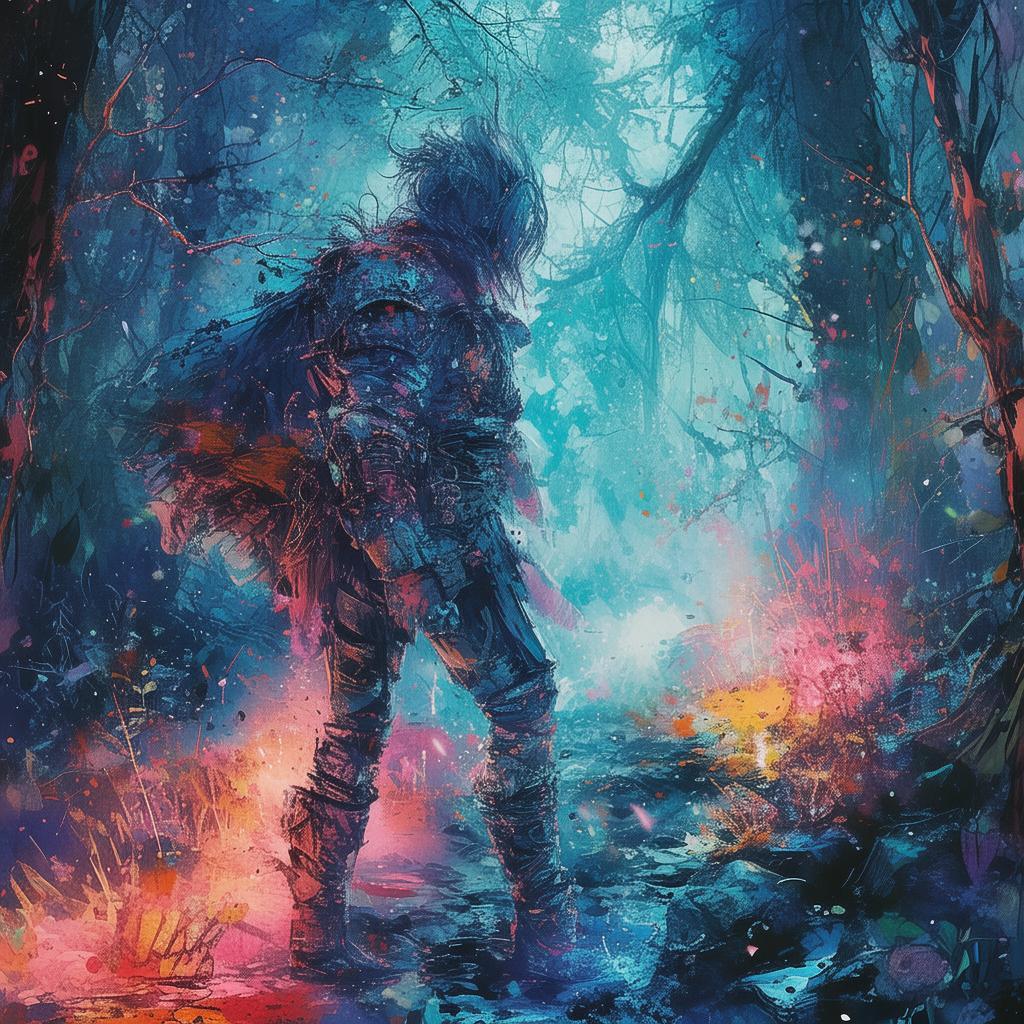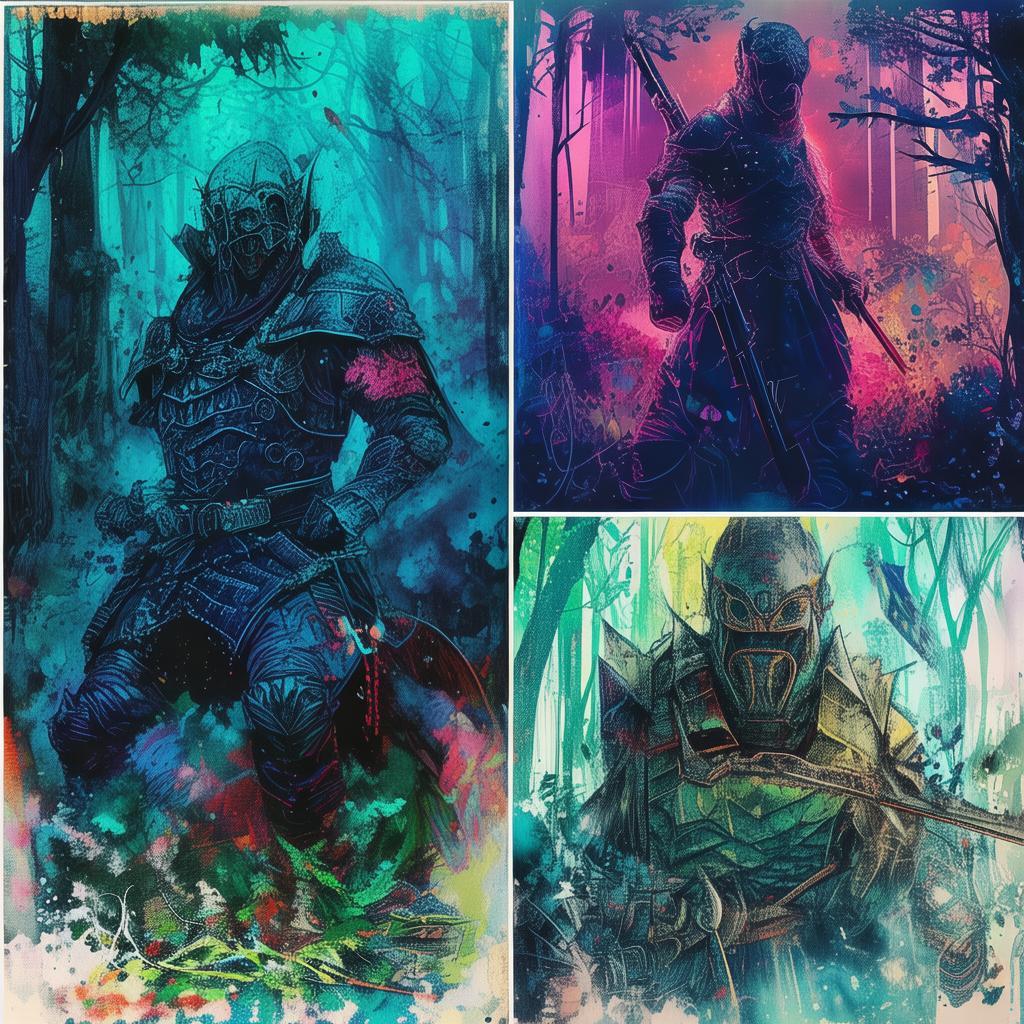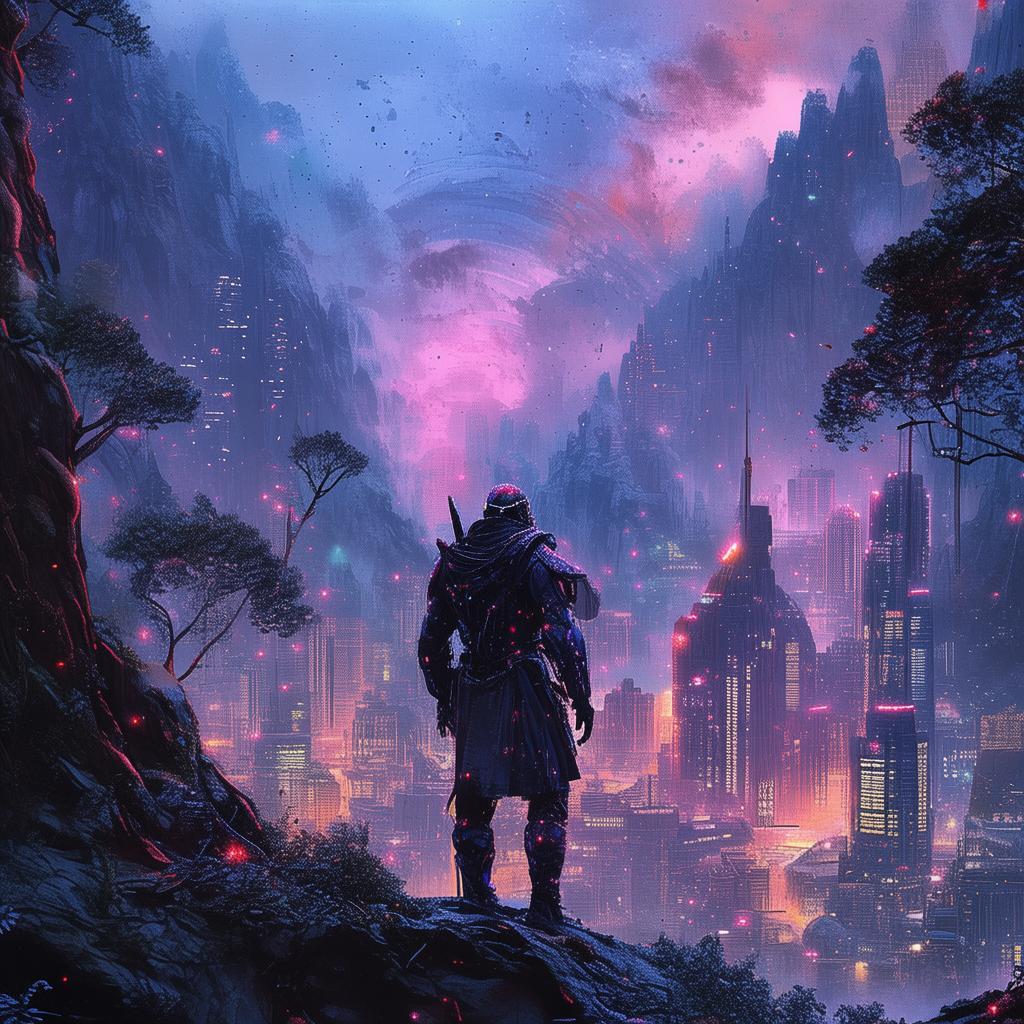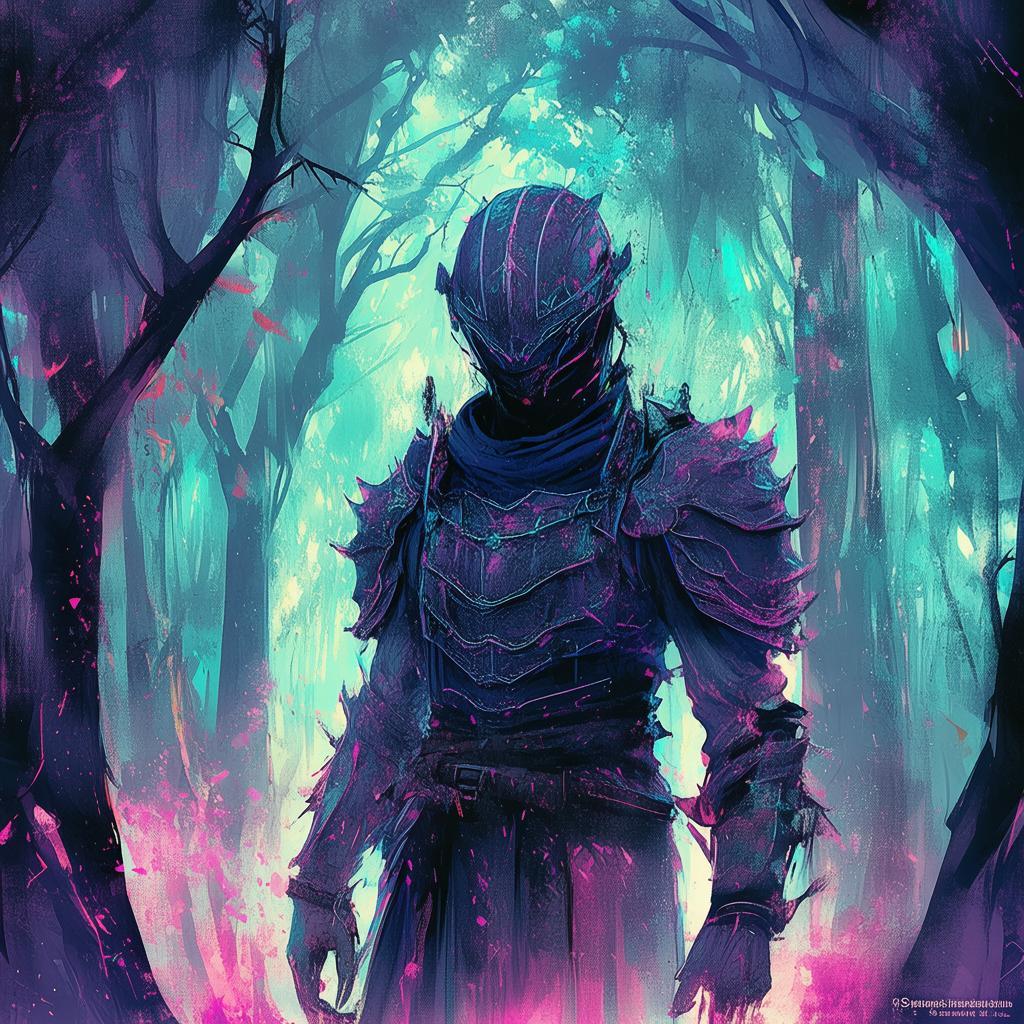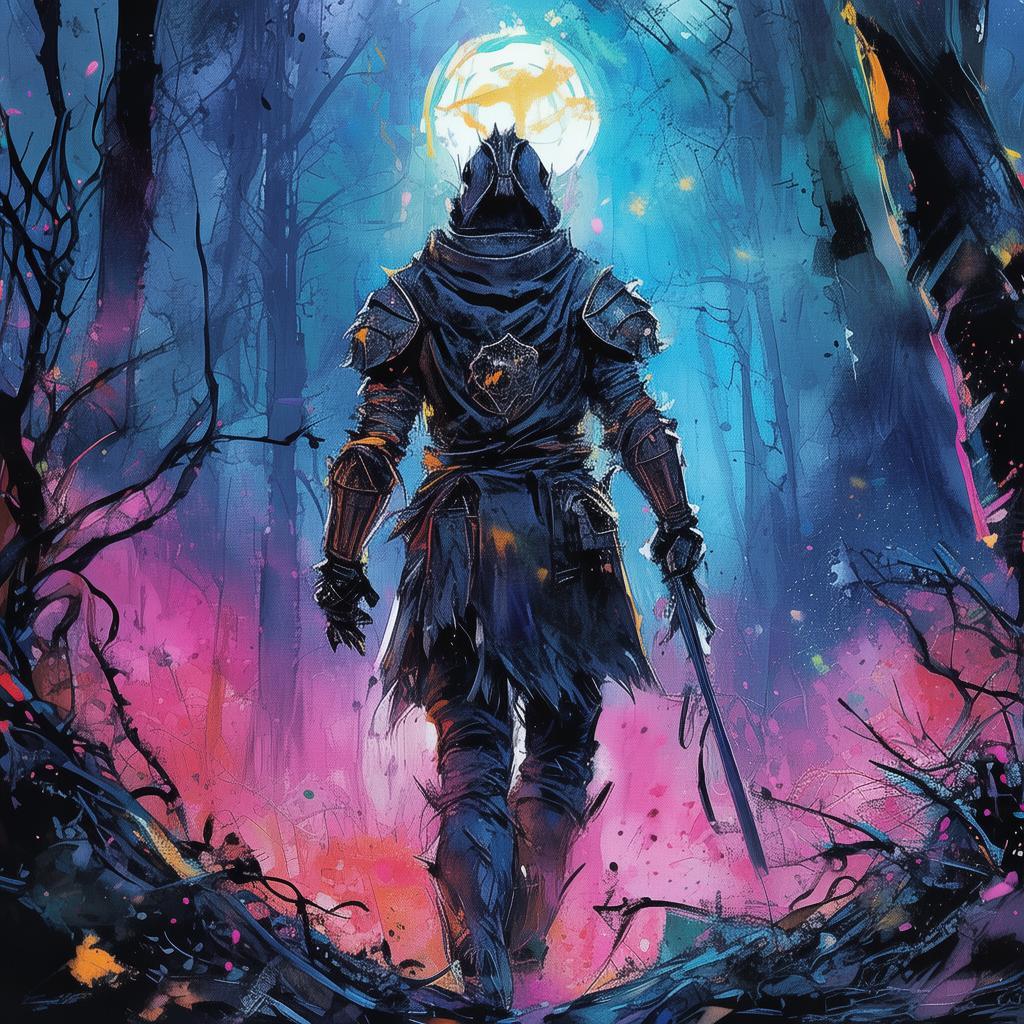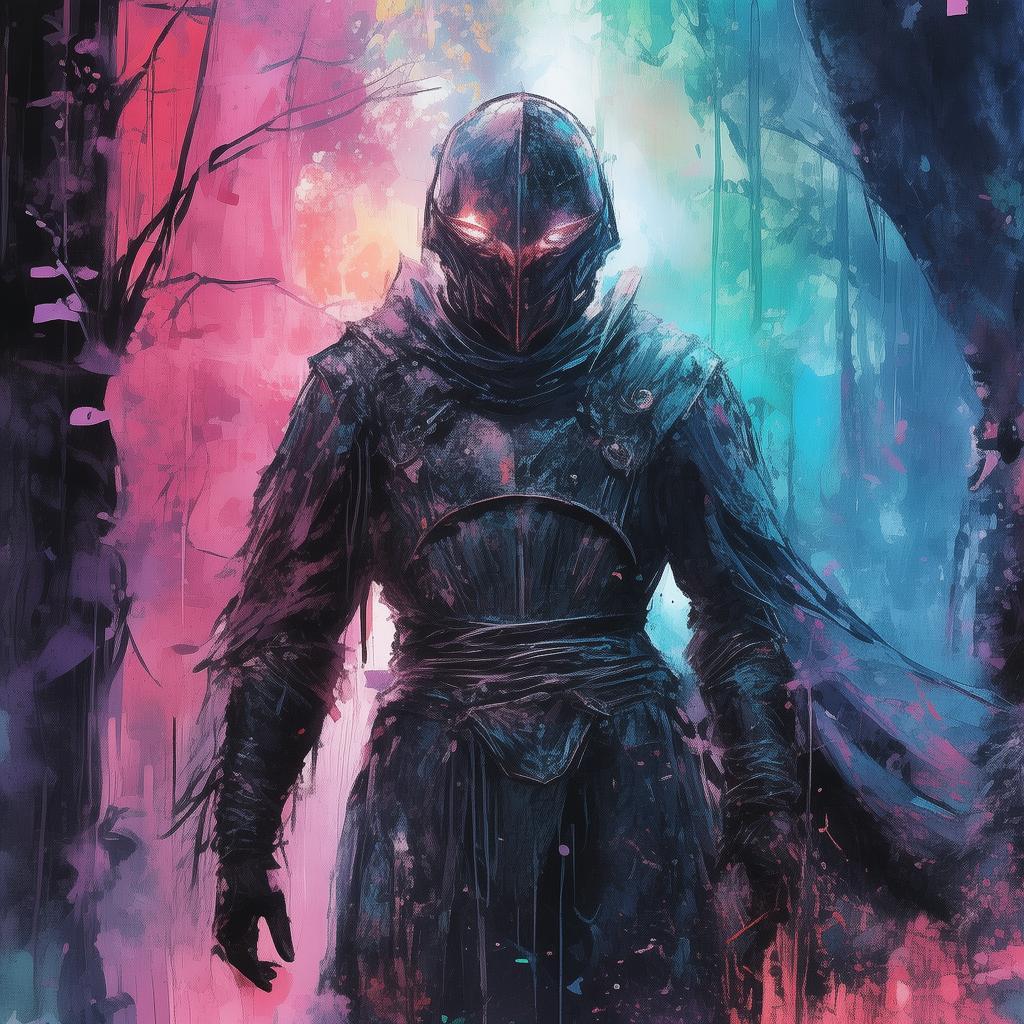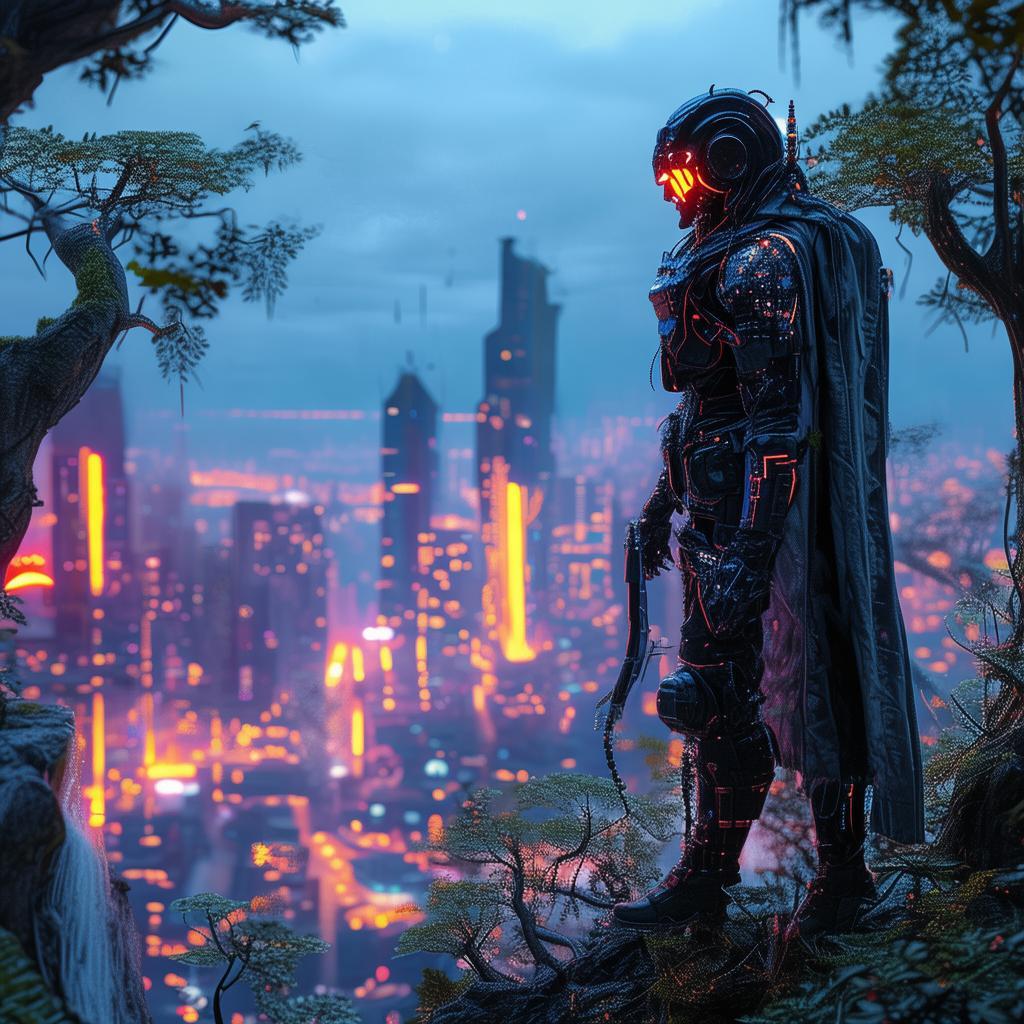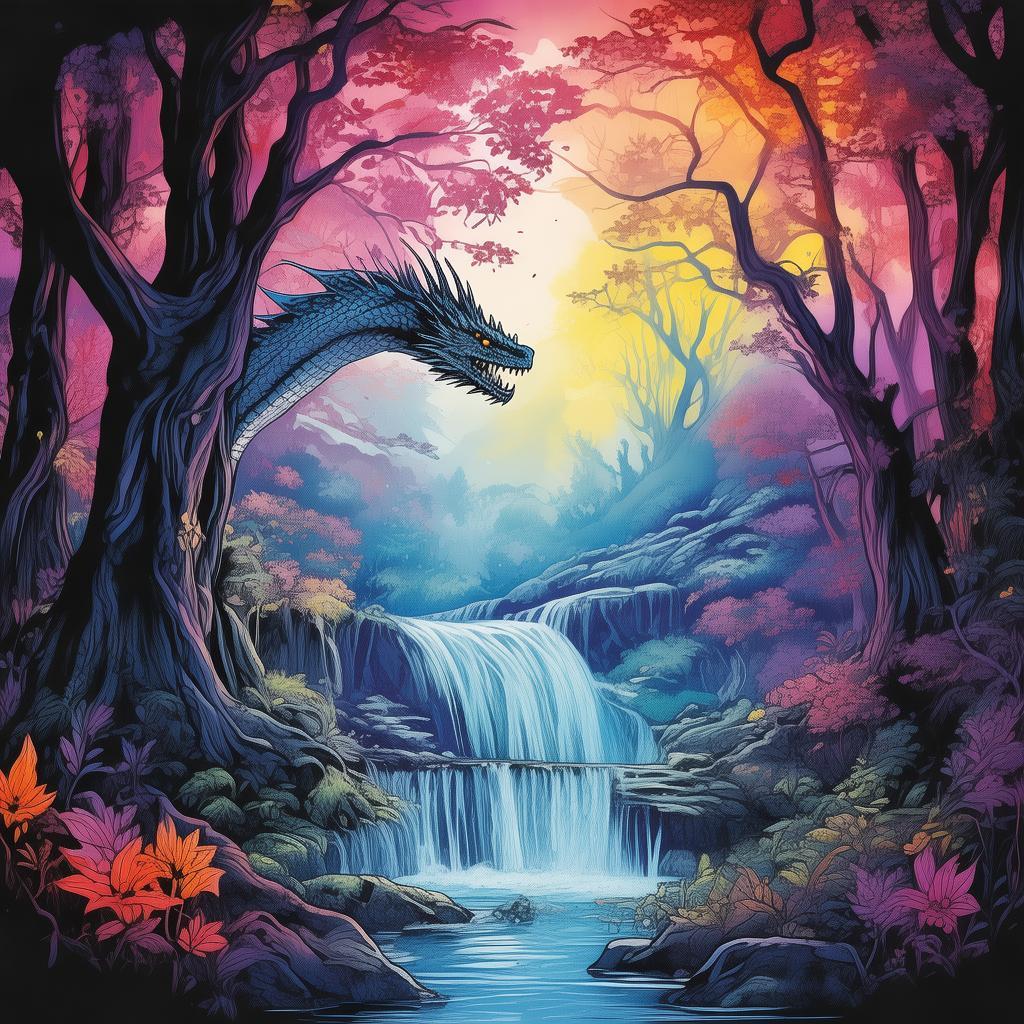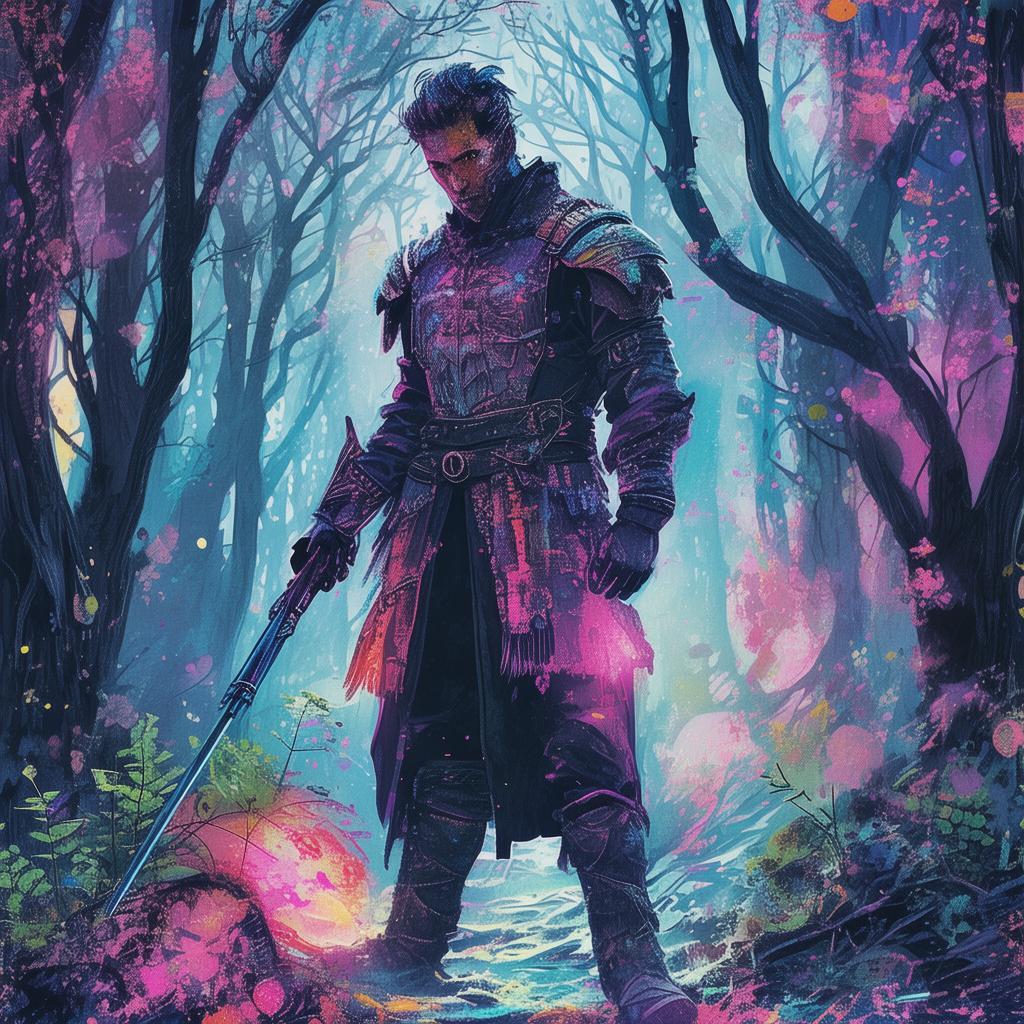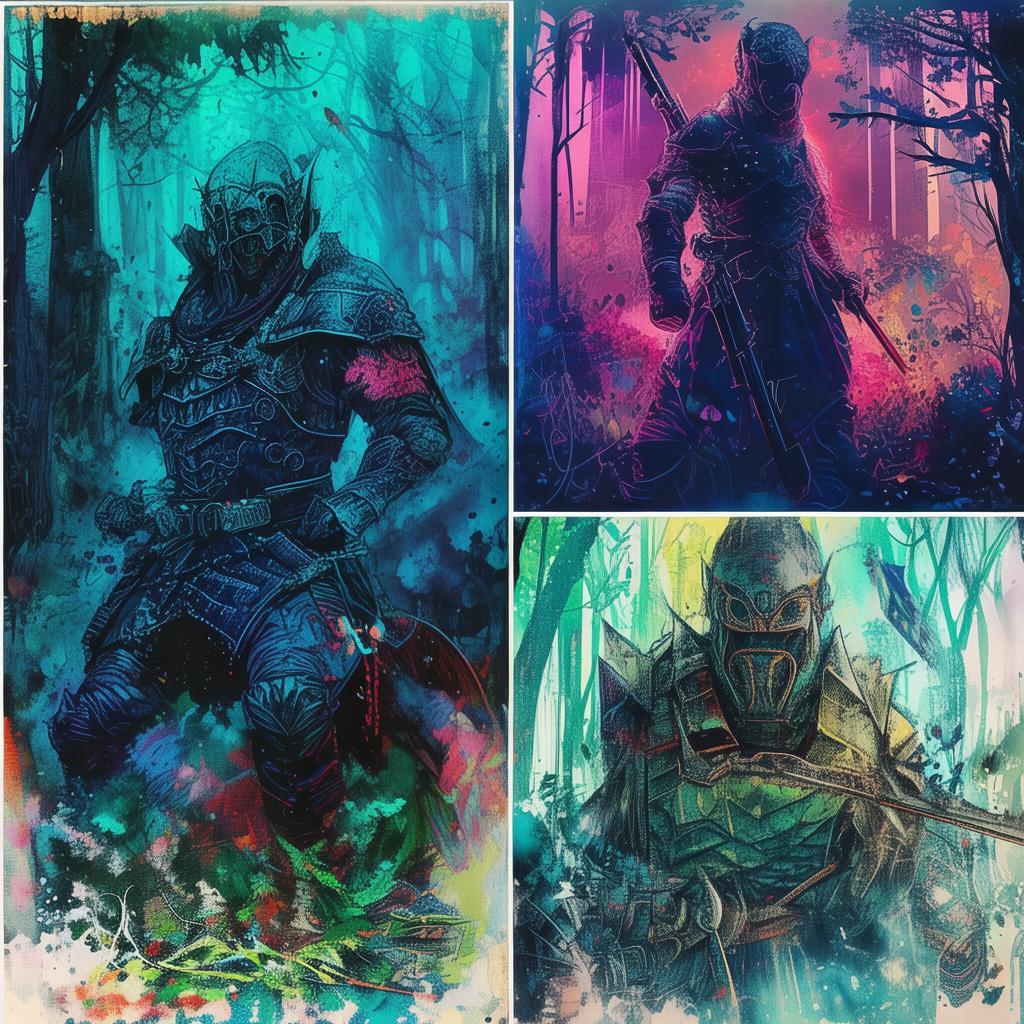The Butcher's Vow: The Omen of Anhui's Future
In the heart of Anhui, nestled between rolling hills and a meandering river, there lay a village known for its tranquil beauty and ancient customs. The villagers, bound by a tight-knit community, were a people of lore and tradition, their lives woven into the fabric of the land itself. It was in such a village that an omen was born, an omen that would soon shake the very foundations of Anhui's future.
The year was 1899, and the village was preparing for the annual pig-slaughtering festival. This was a time of celebration, a ritual that marked the end of the harvest season and the beginning of the cold winter months. The villagers would gather, sharing stories and laughter, as the butchers prepared to bring their finest pigs to the communal fire.
Among the butchers was a man named Li, a man known for his skill and his solemn demeanor. Li had a secret, one that he had kept for years. It was a vow he had made to a pig, a pig that had been born with a birthmark resembling a handprint. The pig had been a gift from the gods, or so the villagers believed, and Li had vowed to protect it with his life.
As the festival approached, the pig with the handprint was brought to the attention of the village elder, a wise and respected figure known as Master Wang. Master Wang, a man with a keen eye for omens, noticed the pig's unique birthmark and declared it a sign of great importance. "This pig is no ordinary creature," he said. "It is a harbinger of great change, a symbol of Anhui's future."
The villagers were abuzz with talk of the omen. Some believed it was a sign of prosperity, while others foresaw disaster. Li, however, was not so easily swayed. He knew the pig's true significance and felt a deep sense of responsibility. He had made his vow, and he would not break it.
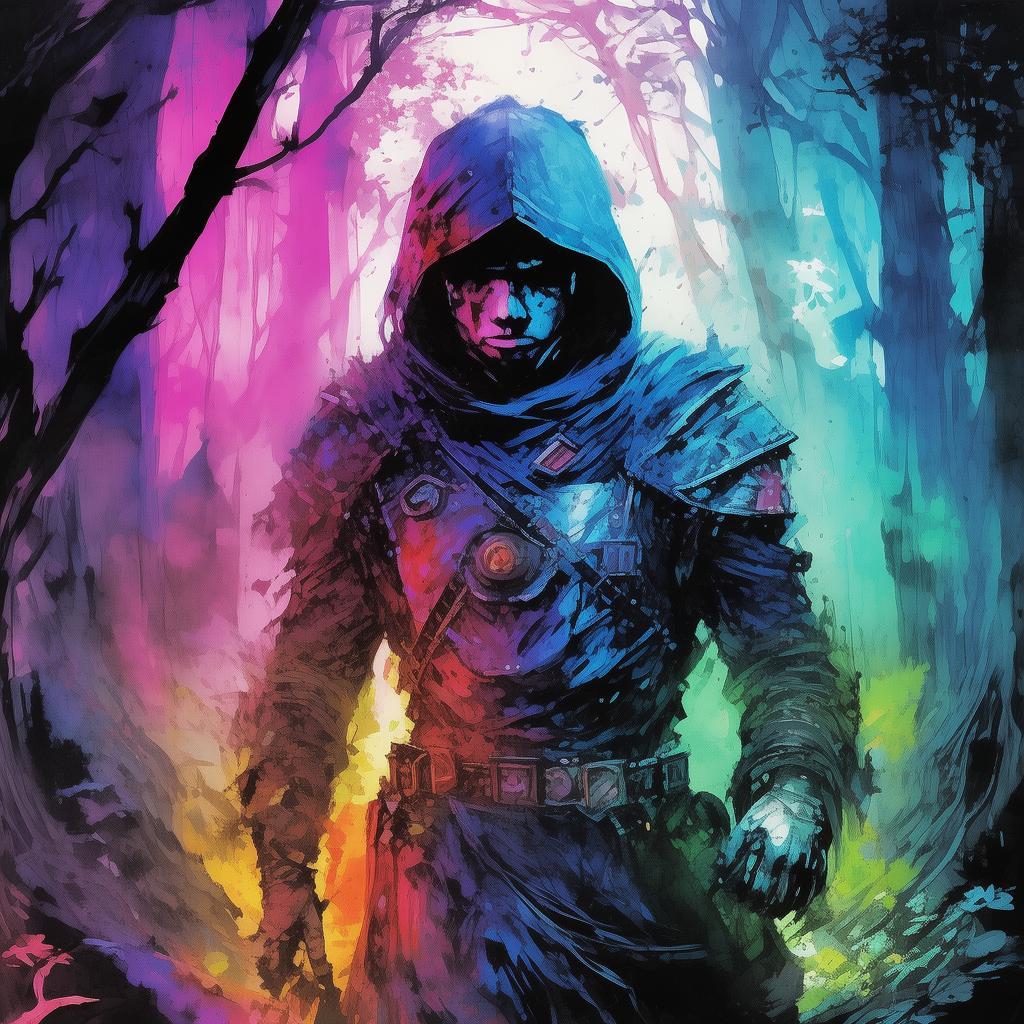
As the festival night approached, Li found himself at odds with the village's most powerful figure, a man named Chen, who sought to exploit the omen for his own gain. Chen was a cunning and ambitious man, and he saw the pig as a means to solidify his power over the village.
The night of the festival, as the villagers gathered around the communal fire, Li stood before them, the pig with the handprint in his arms. "I have made a vow," he declared, his voice steady and resolute. "I will protect this pig, and by extension, the future of Anhui."
Chen's eyes narrowed with anger. "And what if the future is not what you think it is, Li?" he challenged. "What if the pig is a sign of doom, and not of prosperity?"
Li's eyes met Chen's, unflinching. "Then I will face that doom with the pig by my side."
The villagers were divided, some supporting Li's vow, while others sided with Chen. The tension in the air was palpable, and the festival was marred by discord.
As the night wore on, the pig's omen began to take on a life of its own. The villagers began to experience strange and unexplainable events, and whispers of the pig's power spread throughout the land. Some believed the pig to be a source of good fortune, while others feared it would bring misfortune upon Anhui.
Li, however, remained steadfast in his vow. He cared not for the villagers' fears or desires; he only knew that he had to protect the pig. He lived a life of solitude, keeping the pig hidden away from the prying eyes of Chen and the villagers.
Years passed, and the pig grew older. The villagers, too, grew older, their lives touched by the omen in ways they could not have imagined. Some found love, others found loss, and all felt the weight of the pig's presence, whether they knew it or not.
Finally, the day of reckoning arrived. Chen, driven by his ambition and the fear that the pig's power might outstrip his own, decided to take matters into his own hands. He conspired with a group of villagers who had grown weary of Li's vow and the pig's enigmatic influence.
On a moonless night, Chen and his men broke into Li's home, intent on capturing the pig. Li, however, was prepared. He fought valiantly, but the odds were against him. In the end, it was the pig that saved Li, its mysterious power manifesting in a way that left Chen and his men in awe.
The pig, with its handprint birthmark glowing faintly, protected Li from harm. The villagers, witnessing the event, were left in shock. They realized that the pig was more than an omen; it was a guardian, a protector of Anhui's future.
Li, now a broken man, realized that his vow had been fulfilled. The pig had brought the villagers together, had forced them to confront their fears and desires. In the end, it was not the pig that determined Anhui's future, but the choices and actions of the villagers themselves.
With the pig safely returned to its hiding place, Li retired to a life of solitude, his work done. The villagers, however, continued to live under the shadow of the pig's omen, their futures uncertain but hopeful.
And so, the tale of the Butcher's Vow and the Pig's Omen became a legend, a story that would be passed down through generations. It was a tale of fate versus free will, of the power of tradition and the strength of the human spirit. In the end, it was a reminder that the future of Anhui, like the future of any place, was in the hands of its people.
✨ Original Statement ✨
All articles published on this website (including but not limited to text, images, videos, and other content) are original or authorized for reposting and are protected by relevant laws. Without the explicit written permission of this website, no individual or organization may copy, modify, repost, or use the content for commercial purposes.
If you need to quote or cooperate, please contact this site for authorization. We reserve the right to pursue legal responsibility for any unauthorized use.
Hereby declared.
